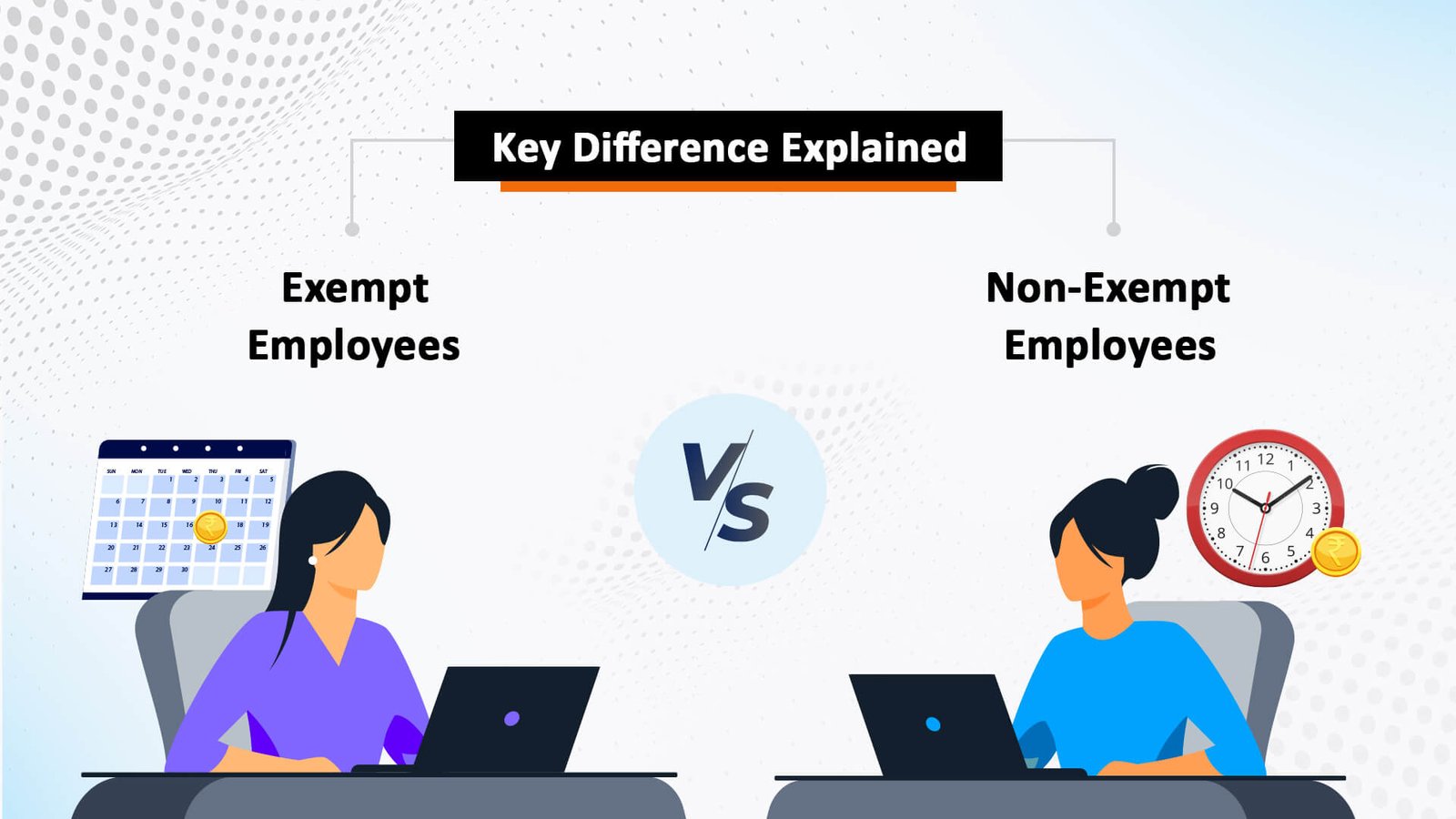Alabama is a state where various federal and state laws protect employees from discrimination based on age, religion, gender, and race. Therefore, it is essential to understand the relevant labor laws.
Alabama labor laws are a mixture of rapidly changing state, federal, and local laws, and it’s essential to monitor them all. Alabama ranks among the bottom states in terms of working-friendly wages.
Respecting Alabama’s specific employment laws, following the federal regulations is vital for businesses to avoid legal issues and massive fines. This is where this guide about Alabama labor laws comes to the rescue.
Recruiting in Alabama: Major Laws and Practices
Typical Working hours:
In Alabama, there are no state laws which describes that describe how the number of working hours employees can work per day or week. However, full-time employees work up to 30-40 hours per week.
Contract-bound employees adhere to their working hours and conditions, which are clearly defined in their contract.
Minimum Wage & Overtime:
Alabama is one of the five states that have not adopted a state minimum wage law, so it sticks to the federal minimum wage of $7.25 per hour, which has been constant since 2009.
Non-exempt employees who work more than 40 hours per week are qualified to receive an overtime pay rate of 1.5 times their hourly rate.
Insurance and Benefits:
Employee benefits in Alabama require various insurance options, which include health, vision, and dental insurance. Employers offer retirement plans such as a 401(K) plan.
| Types of Benefits | Description |
| Vision Insurance | Covers for vision care |
| Dental Insurance | Covers for dental care |
| Health Insurance | Covers for medical costs |
| 401(k) retirement plan | Savings plan for retirement |
Alabama Labor Laws 2025 vs Employment
Terms such as employment and labor laws are used interchangeably. The sole difference lies with the parties involved. If a matter concerns the relationship between an employer and an individual, it falls under employment law.
What do employment and labor laws cover? The following are the main aspects:
- Employment Law: This area covers hours, wages, overtime, recruitment, and workplace discrimination.
- Labor Law: This is a portion of employment law that includes union membership, dues, and collective bargaining.
Wages and Working Hours in Alabama
As stated by the Alabama Department of Labor, the state does not have its regulations that govern wages and working hours. Employees should follow the federal standards provided by the U.S. Department of Labor Wage and Hours Division.
Minimum Wage in Alabama
Just because Alabama doesn’t have a minimum wage law, most employees in the state are qualified to receive the federal minimum wage rate of $7.25 per hour, as state by the Fair Labor Standards Act (FLSA).
For salaried employees, minimum wage work is in a different headspace. The hourly wage is $2.13 per hour, including the tips, which make up the difference.
Employers should make up the difference if the tips are $2.13 less than the federal minimum wage of $7.25.
For workers under 20 years of age, the minimum wage is $4.25. This applies for the first 90 days of employment. After the first 90 days are finished or a worker has crossed the age bracket of 20, the worker is qualified for entitled to the federal minimum wage.
While you’re developing hourly wages for workers, you can use the Stubcreator’s Advanced Pay Stub can automatically mark minimum wage violations, which is based on the state and federal regulations where employees are located, making sure you remain adaptable in Alabama.
Overtime Pay in Alabama
Some employees have to work outside their regular working hours to meet a deadline. In Alabama, the federal Fair Labor Standards Act regulates overtime rates.
Federal regulations require overtime to be paid at 1.5 times the employee’s regular rate for the time exceeding 40 hours in seven days. Some exceptions include executives and professionals who are earning over $455 per workweek.
Meal and Rest Breaks
With the labor laws in Alabama, there are specific requirements in regard to work breaks and meal periods. As you know, Alabama does not have any state laws at the level that require employers to provide employees with meal or rest breaks. Therefore, in Alabama, HR compliance solely depends on federal labor law standards.
The FLSA does not require meal or rest breaks, but it sets down that if an employer decides to provide a short break which lasts about 5 to 15 minutes, these should be counted as paid working hours.
A meal break takes a more extended rest period, generally 30 minutes or more, during which the employee is entirely free from their duties.
Anti-Discrimination Laws
Alabama follows federal laws when it comes to anti-discrimination in the workplace. The federal regulations include the Civil Rights Act, which restrains discrimination on race, color, or national origin.
The Americans with Disabilities Act restrains discrimination against individuals with disabilities.
The Alabama Age Discrimination in Employment Act restrains employers with 15 or more employees from discriminating against employees who are over 40 years of age.
Alabama prohibits employers from paying separate wages based on race for equal work, which requires equal skill, effort, experience and responsibility under the same conditions.
The difference in wages can only be based on the seniority system, merit system, or any factor other than race. In the matter of discrimination, Alabama HR compliance involves adhering to both federal and state laws.
Leave Policies
Alabama employment laws do not require specific leave policies for employees. This means that the employers generally follow federal guidelines, which are set by the Family Medical Leave Act (FMLA), which grants eligible employees up to 12 weeks of unpaid leave for medical-related reasons each year.
| Type of Leave | Description |
| Vacation Leave | The law does not require it |
| Maternity Leave | Up to 12 weeks of unpaid leave under FMLA |
| Sick Leave | The law does not require it |
| Bereavement Leave | Not legally required |
| Jury Duty | Employers must provide full pay for hours served on jury duty |
| Military Leave | Unpaid leave must be granted for military duty |
Workplace Rights and Protection
Alabama does not have a typical anti-discrimination law. Instead, employment discrimination and harassment are covered by federal protection.
For example, Title VII of the federal civil rights act makes it prohibited for employers with 15 or more employees to discriminate against an employee based on:
Race, color, religion, and national origin.
Federal protection against disability and age (40+) discrimination also comes into play. Age discrimination laws apply only to employers who are with 20+ employees.
Alabama does have its age discrimination law. This will allow employees of 40 years old and older who have experienced this discrimination to begin a civil process against an employer without first going to the EEOC.
Child Labor Laws
Under Alabama’s child labor laws, employers can’t employ anyone under 14 years of age. There is a limited irregularity for children who work for their parents in cases where parents are the sole owners of a business and supervise the children.
Employers must do the following:
- Apply for a Child Labor Certificate for employees aged 14 to 17.
- Keep records of minor employees, including their Employee Information Form, proof of age, and time record with their starting and ending dates and break times.
- Keep a curated list of all 15-year-old employees.
A 30-minute break is compulsory for 15-year-old employees who work more than five consecutive working hours.
Contract Laws for Employers
Alabama is an at-will employment state. Therefore, employers and employees can end their employment at any time and for any reason.
To be fair, employment contracts must be in written form. However, work contracts performed in less than a year can be a verbal agreement and still be valid.
Non-compete and non-solicitation agreements are enforceable in Alabama if they meet specific requirements. These agreements are:
- Related to a protectable interest.
- It should be in writing and signed by the employer and the employee.
- It should be backed up by something of solid value.
Termination Laws
Alabama labor laws follow the at-will employment doctrine, which allows employees and employers to terminate their working relationship at any point in time.
However, several inconsistencies exist, including the prohibition of termination due to discriminatory reasons or violation of public policy. Alabama does not require severance pay unless it is stated in an employment contract.
Additional Laws
Mass Layoffs:
When a business lays off 25 or more employees, it should notify the Unemployment Compensation Call Center. This applies to layoffs of 25 or more employees who work at the same place and are laid off for 7 days.
Polygraph Test:
Employers do not require employees to take the polygraph test.
Drug-free Workplace:
Employers who are introduced to a drug-free workplace, including drug testing, qualify for a 5% discount on their workers’ compensation insurance premiums.
Taxes in Alabama
Taxes are a vital part of the Alabama HR compliance. The federal taxes include Social Security and Medicare, and state taxes, which encompass income tax.
| Types of Taxes | Employer Rate | Employee Rate |
| Federal Unemployment Tax | 6.8% | N/A |
| State Unemployment Insurance Tax | 6.2% | N/A |
| Social Security | 6.2% | 12.4% |
| Medicare | 1.45% | 1.45% |
| Federal Income Tax | N/A | 10-37% |
| State Income Tax | N/A | 2% |
Alabama Payment Laws 2025
Below are the basic pay frequency schemes in Alabama:
- Weekly: Employees are paid once a week.
- Bi-Weekly: Employees are paid every other week.
- Monthly: Employees are paid once a month.
- Semi-Monthly: Employees are paid twice a month.
Governing Alabama Employees with a Free Payroll Stub Generator
Suppose you’re an employee or an employer & facing challenges in calculating your taxes or managing your finances effectively. In that case, you can rely on our tool to work in an organized manner.
If you’re using any expensive tool that is proving costly to you, then you can use StubCreator’s free paystub generator, which provides you with accurate Alabama payroll calculation information.
You can use the above information about Alabama labor laws to update your business in 2025 if you’re working in Alabama.
FAQ's
What is the minimum wage in Alabama?
+
Alabama follows the federal minimum wage, which is currently $7.25 per hour.
Does Alabama require meal or rest breaks for employees?
+
No, Alabama labor laws do not mandate meal or rest breaks, though employers may choose to offer them.
Is overtime pay required in Alabama?
+
Yes. Alabama follows federal law, so employees must receive 1.5 times their regular rate for hours worked over 40 in a week.
Are employers in Alabama required to provide paid vacation or sick leave?
+
No, Alabama law doesn’t require employers to offer paid vacation or sick leave—it’s at the employer’s discretion.





